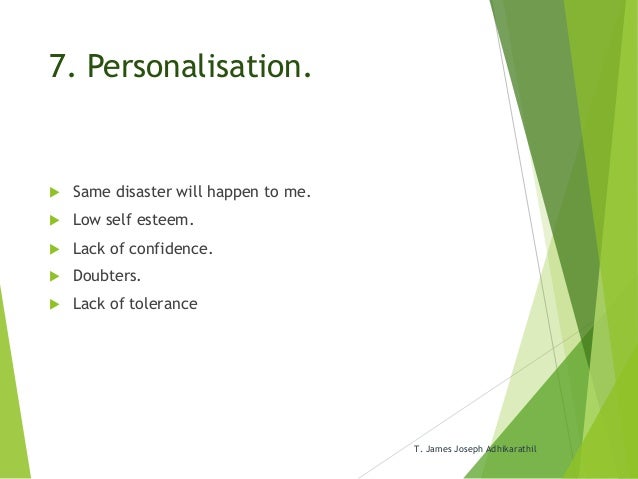

The volatile and positive/negative symmetric threshold switching characteristics of VO 2 memristors are leveraged to construct a sparse-spiking yet high-fidelity asynchronous spike encoder for physiological signals. Here, we propose a highly efficient neuromorphic physiological signal processing system based on VO 2 memristors. However, the explosion of physiological signal data presents challenges for traditional systems. At any rate, these negative traits developed so recently that it's not feasible to explain them in adaptive or evolutionary terms.Physiological signal processing plays a key role in next-generation human-machine interfaces as physiological signals provide rich cognition- and health-related information. Another possible theory (which I put forward in my book The Fall) is that the "fall" into warfare and hierarchy (and other negative traits) was related to a psychological change that occurred in some groups of people, beginning around 6,000 years ago: the development of a heightened sense of individuality and separateness. So perhaps something similar has happened to us, since we gave up the hunter-gather lifestyle and switched to farming, and then started to live in towns and cities. Research has shown repeatedly that when the natural habitats of primates (such as chimpanzees) are disrupted, they tend to become more violent and hierarchical. Of course, you might argue that if this is case, why do present-day humans often behave so selfishly and ruthlessly, and why are negative traits, like warfare and male domination, so normal to many cultures? However, we should perhaps view these traits as the result of environmental and psychological factors. Other recent research on contemporary hunter-gatherer groups has shown that men and women tend to have equal status and influence, leading to the suggestion that sexual inequality only began to emerge with the development of agriculture (2). Women usually choose their own marriage partners, decide what work they want to do, and work whenever they choose to, and if a marriage breaks down, they have custody rights over their children. Typically in such groups, men have no authority over women. If a person becomes too domineering or too arrogant, the other members of their group gang up against them or ostracize them. The !Kung of Africa swap arrows before going hunting, and when an animal is killed, the credit does not go to the person who fired the arrow, but to the person to whom the arrow belongs. This is done by sharing credit and putting down or ridiculing anybody who becomes too boastful. They also have methods of preserving egalitarianism by ensuring that status differences don't arise. Individuals in such groups don’t accumulate their own property and possessions they have a moral obligation to share everything.

As the anthropologist Knauft has remarked, hunter-gatherers are characterized by “extreme political and sexual egalitarianism” (1).

(This doesn’t mean all contemporary hunter-gatherer groups, only the groups who practice foraging and live an "immediate return" way of life, meaning that they don’t store food, but consume resources soon after gathering them.) One of the striking things about such groups is their egalitarianism. There is also significant evidence from contemporary hunter-gatherer groups who live in the same way as prehistoric human beings.


 0 kommentar(er)
0 kommentar(er)
